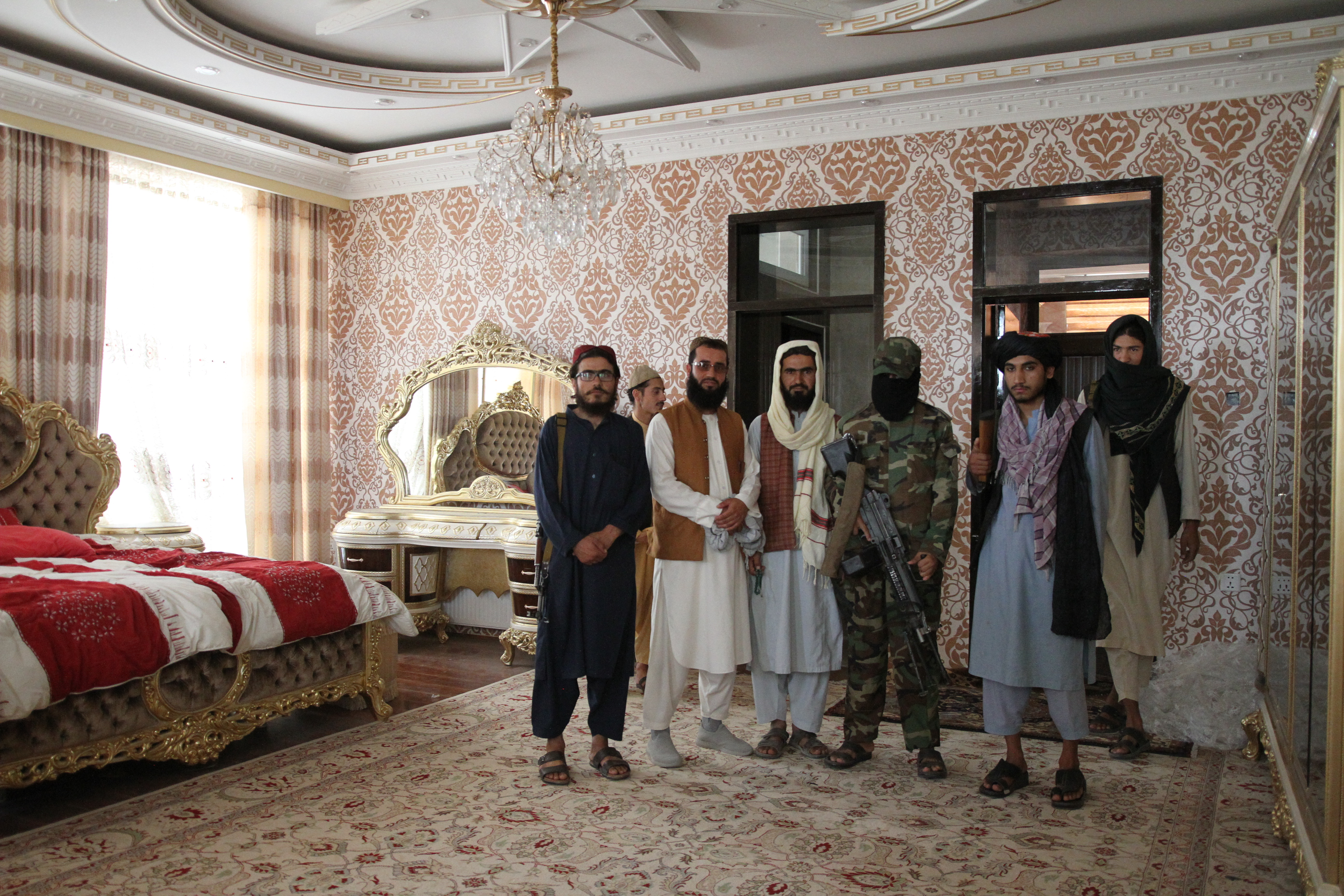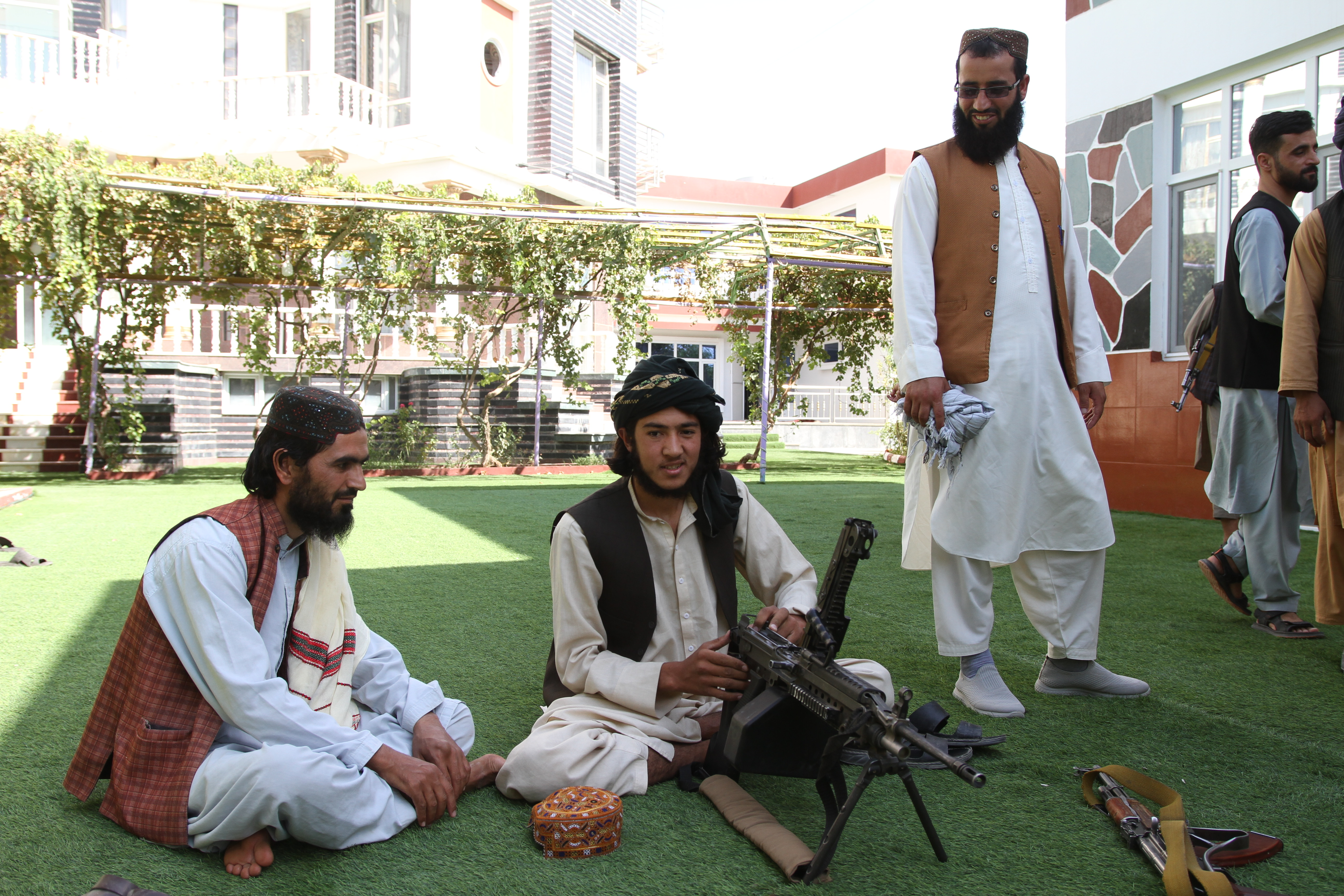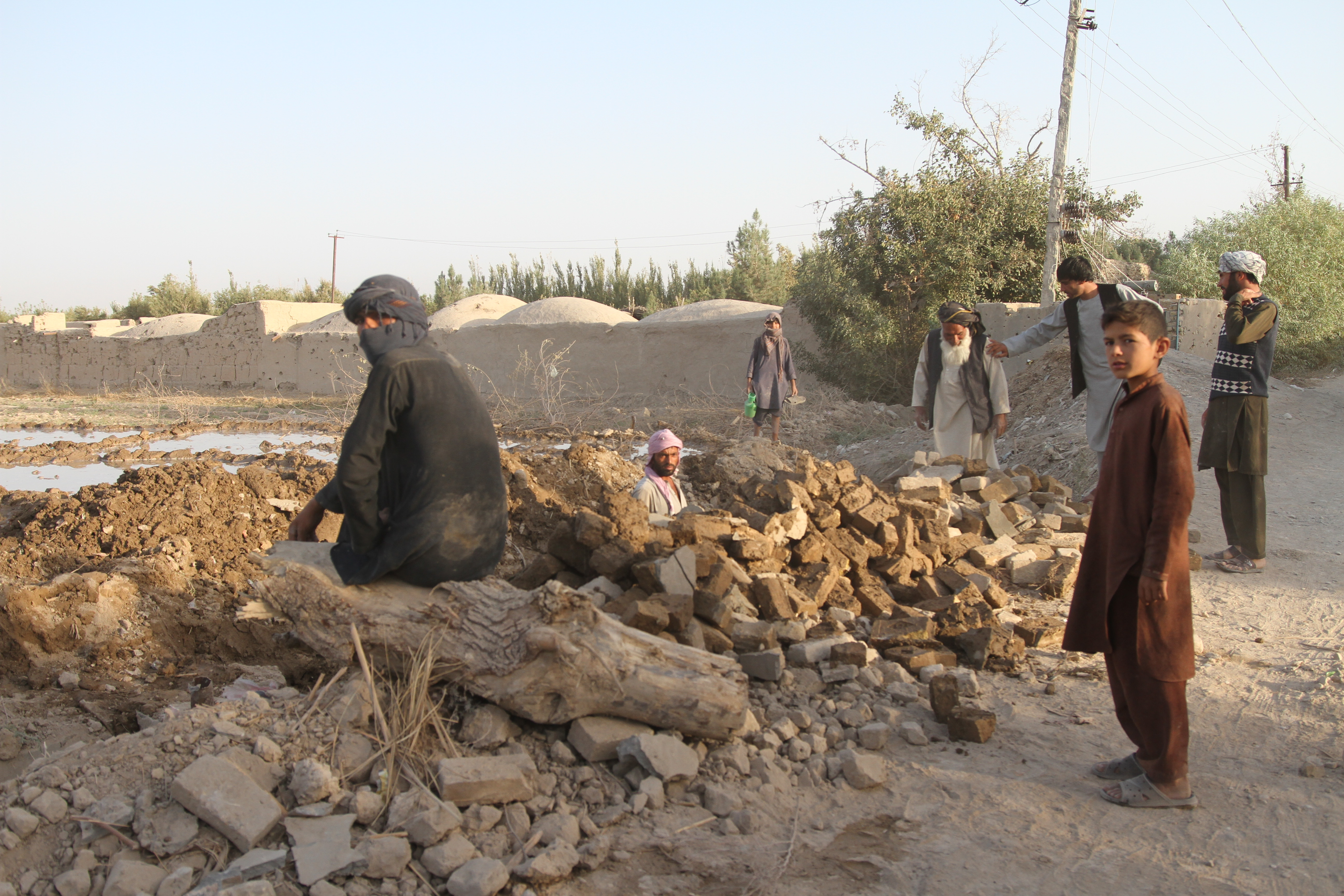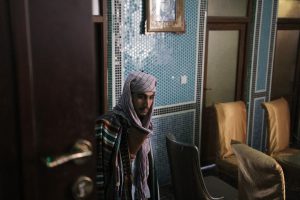With the Taliban soon celebrating their four month in power, chaos and revenge in Afghanistan are far from over. A new report by Human Rights Watch reveals that in just four provinces over the first three months of the group’s rule, more than a hundred former members of the Afghan security forces have been killed or disappeared.
The Taliban have not lived up to their promise of general amnesty for those who used to serve the Islamic Republic. In the view of the militants, former security personnel are not only puppets of a foreign occupier and enemy combatants; they also embody all the ills that have beset Afghan society: corruption, greed, and injustice.
When the Taliban were swiftly taking over Afghanistan in August, military commanders tied to the previous government were on the run. The manner in which the Taliban took control over the northern provinces of the country, close to Uzbekistan’s border, in particular, shocked local leadership and shook the long-established power balance.
“Despite our firm resistance, sadly, all the government and the #ANDSF equipments were handed over to the #Taliban as a result of a big organised & cowardly plot,” Atta Mohammad Noor, governor of the Balkh province, wrote on Twitter on August 14 as the city of Mazar-i-Sharif fell. “They had orchestrated the plot to trap Marshal Dostum and myself too, but they didn’t succeed.”
Indeed, by that time, both Noor and Abdul Rashid Dostum, an ethnic Uzbek leader and a former vice president, who ran the north as if it was his own private kingdom, were most likely out of the country. On August 14 the usually quiet Friendship Bridge connecting Afghanistan with Uzbekistan was filled with military personnel and vehicles escaping the Taliban offensive.
The Uzbek Ministry of Foreign Affairs never confirmed if Dostum, who has long enjoyed close ties with the government in Tashkent and has a house in the border city of Termez, ever made it to Uzbekistan. Sources claimed that he indeed found a safe haven in the country before he moved onward, but these rumors have never been confirmed.
Dostum’s control over the north of Afghanistan has been legendary. His portraits were scattered across the province and his militants and associates enjoyed almost unlimited powers. He was the warlord in his area. His forces had a fearsome reputation earned through their fight in the 1990s against the Taliban; they have been accused of massacring of thousands of enemy fighters.
Dostum’s mansion, hidden behind a tall gate bearing two large peacocks, towers over Sheberghan, the capital of Jawzjan province. It came to be a symbol of the greed and distance between ordinary citizens and the rich and powerful elite. For the Taliban, it is a symbol of all that was wrong with the Islamic Republic.

The Taliban in one of Dostum’s master bedrooms. Photo by Agnieszka Pikulicka-Wilczewska.
And when Dostum’s fall became inevitable, so did the decay of his mansion. As the Taliban took over areas in the north, at the onset of the fall of Kabul, the new rulers stormed the places that their predecessors had cherished most. Dostum’s lavish mansion was not to be omitted.
Photographs of Taliban fighters posing in Dostum’s pretentious, opulent living room soon made headlines and the mansion became Jawjzan’s main attraction for journalists reporting from Afghanistan’s north after the fall of Kabul. In late September, Dostum’s former home housed over a dozen Taliban fighters living side by side with the fallen general’s precious belongings.
“The most surprising thing for me was to see that he spent so much money on the house, but he didn’t help the poor. We’ve always known he was a selfish person,” said a Taliban fighter who did not give his name.
“All the things have been recorded and nobody stole anything from the house. We have never seen things like that, even those of us who are from the cities didn’t know how many of the things here work and what they are for.”
The impressive mansion has seven floors, including a basement hosting a pool and a hot tub. Each floor has two to three spacious bedrooms. Onyx, marble, and gold cover the interiors. Dostum’s face looks at visitors from a glass door and various portraits. In the backyard a fountain and a small zoo were available for the delight of visitors. For Dostum, there was never too much luxury.
Abdullah, a 23-year-old fighter from a village in Jawzjan, said he doesn’t feel comfortable in Dostum’s house. For this reason, the Taliban there decided to sleep in a small guard’s home in the garden. The stairs in the house were too high to climb, they said, and their local leaders soon switched off the golden lift connecting the mansion’s floors, as the fighters wasted much of their time riding up and down.
“We lived in cities before, but most of mujahideen lived outside of the cities their entire lives and this is very exciting for them,” said the first fighter who did not give his name.
“But this is injustice. The budget of the government should be equally divided between all citizens. With the previous government, many university students were related to rich people and had places in dormitories but there was no support for the poor ones.”

Taliban in Dostum’s garden. Photo by Agnieszka Pikulicka-Wilczewska.
Dostum’s mansion is clean with only few broken things here and there. Pictures showing people have the faces torn out, as according to the Taliban portraying people is against Islam. A photo album with Dostum’s private photos is intact, but a large box for a Quran bearing gold inscriptions is empty. This is the only thing that the Taliban took for themselves, they claimed. According to them, the expensive Quran had never been used.
Atiqullah Mabizarat, 28, from Fayzabad, Jawzjan, had just become the head of higher education in the province. He previously worked as a doctor in Mazar-i-Sharif and has been in close relations with the Taliban for the past three years. After his work at a hospital as an internal disease specialist, he would treat wounded Taliban fighters.
“There are different people within the Taliban. None of them joined because they didn’t have money or because they had nothing to do. They all felt the need to join the fight. But most Taliban fighters are from poor backgrounds,” he said.
“When I found out how just and honest the Taliban are, I decided to join them. With the previous government it was very difficult to meet an official, you would wait for a meeting for a week or so. Now we are open to the people, you can meet commanders without problems. We want to work for people who are under pressure from the rich, we want to give people their rights back, this is what we are fighting for.”
On the way back to Mazar-i-Sharif, the village of Alam Khail slowly returned to life. For the past three years, it had been the arena of heavy fighting between the Taliban and government forces. Many of the houses there were destroyed by bombs or artillery, others demolished by the government forces since the Taliban used to hide behind such buildings.
“Everyone left because of the war, I did too. I came back only two months ago. It was impossible to live here before, it was the frontline,” said Jalil, a 22-year-old shop owner in late September. “It was enough to move a dozen or so kilometers further to be safe. This is what most of us did. We would come back during ceasefires. But they would usually last for several days during public holidays. When the war was gaining steam, we were leaving again.”
Jalil is grateful that he was able to return to his village. He said he never thought that that would be possible. When he moved back, he discovered that half of his house had been destroyed.
“We are bringing it back to life. Brick after brick,” Jalil said.

People from Alam Khail rebuild their homes. Photo by Agnieszka Pikulicka-Wilczewska.
He still hopes that the Taliban will be able to build a functioning system. But the longer the Taliban are in power, many Afghans, even those who supported them or just wanted peace and justice, are gradually losing hope. The corrupt system of the past might be gone, but the new chapter in Afghanistan’s history is unlikely to be much better.
The war is far from over. The Islamic State of the Khorasan Province, an Islamic State offshoot primarily based in the mountains of Nangarhar, considers the Taliban as apostates and despite the U.S. withdrawal, continues launching attacks in Afghan cities, mostly against the Shia minority. While security in the country has improved since the Taliban took over, it is hard to talk about an end to violence.
Violence, including revenge killings by the Taliban, is not the only problem facing Afghanistan today. According to the United Nations Development Program’s latest report, the country’s nominal GDP is likely to fall by 20 percent within a year, while the restrictions on women’s employment can lead to a further 5 percent fall of GDP. With the Western withdrawal left Western financial aid, while sanctions imposed on the Taliban government have disabled the country’s banking system.
According to the UNDP’s projections, 97 percent of the Afghan population may fall below the poverty line by next year. At the same time, Afghanistan is experiencing its worst drought in decades, which is only worsening an already severe food crisis. As the U.N. World Food Program reports, this winter, more than half of Afghanistan’s population will likely face food insecurity, while 8.7 million are already nearing famine.
All of this, coupled with the worsening situation of women, religious and ethnic minorities, and Afghanistan’s intellectuals and free thinkers adds up to a gloomy outlook for Afghanistan’s future. While Dostum and others like him are gone, the dark clouds that have hung over the country for the past several decades are unlikely to follow suit.

































